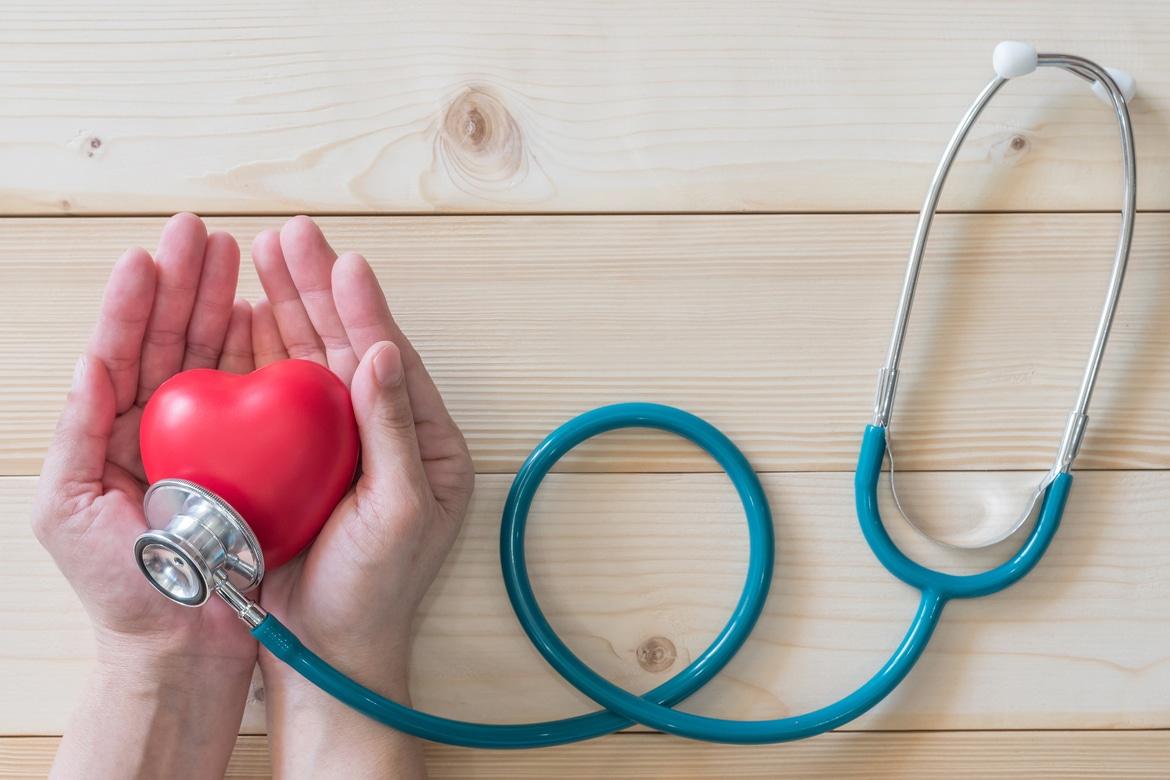-
-
Khu vực chăm sóc và điều trị

Ngừng tim
Ngừng tim được chẩn đoán như thế nào?
Nếu bạn sống sót sau khi ngừng tim, bạn sẽ được theo dõi chặt chẽ trong đơn vị chăm sóc tích cực. Bác sĩ sẽ tìm cách xác định nguyên nhân gây ra tình trạng này và cách ngăn ngừa tái phát.
Bác sĩ có thể khuyến cáo các xét nghiệm sau:
- Xét nghiệm máu nhằm kiểm tra nồng độ một số men tim nhất định để xác định xem bạn có bị đau tim hay không.
- Chụp X-quang ngực để kiểm tra các bệnh lý khác có thể giải thích cho các triệu chứng không và kiểm tra tình trạng phì đại tim.
- Chụp động mạch vành, một thủ thuật xâm lấn tối thiểu để xem cách máu chảy qua động mạch của tim.
- Siêu âm tim, chẳng hạn như siêu âm tim qua thành ngực (TTE), sử dụng sóng âm thanh để tạo ra hình ảnh của tim.
- Điện tâm đồ (ECG), ghi lại hoạt động điện tim thông qua các điện cực (các miếng dán nhỏ bằng nhựa để dán vào da).
- Xét nghiệm chức năng thận, gan, đái tháo đường và cholesterol.
Ngừng tim được điều trị như thế nào?
Sau khi bạn được đưa đến phòng cấp cứu tại bệnh viện, nhân viên y tế sẽ thực hiện hồi sức hỗ trợ duy trì sự sống để ổn định tình trạng của bạn. Sốc điện điều trị và thuốc cấp cứu có thể được sử dụng để ổn định nhịp tim.
Nếu bạn sống sót sau khi ngừng tim, bác sĩ sẽ thảo luận với bạn các lựa chọn điều trị tốt nhất để ngăn ngừa tái phát. Các lựa chọn này bao gồm:
- Tạo hình mạch vành, một thủ thuật xâm lấn tối thiểu để mở các động mạch vành bị hẹp hoặc bị tắc thông qua bóng nong (tạ̣o hình mạch bằng bóng nong).
- Phẫu thuật bắc cầu động mạch vành (CABG), một phẫu thuật tim hở tạo đường thay thế cho máu chảy quanh chỗ tắc động mạch vành.
- Phẫu thuật tim điều chỉnh, để điều chỉnh biến dạng tim bẩm sinh, van bị hỏng hoặc mô cơ tim bị hỏng do bệnh cơ tim.
- Máy khử rung tim cấy ghép (ICD), một thiết bị chạy bằng pin được cấy ghép ở gần xương đòn trái. Thiết bị này sẽ theo dõi nhịp tim và tạo ra sốc điện bất cứ khi nào phát hiện những thay đổi nhịp tim nguy hiểm để đưa tim trở lại nhịp bình thường.
- Các loại thuốc, ví dụ: thuốc chẹn beta, thuốc chống loạn nhịp tim, thuốc ức chế men chuyển angiotensin (ACE) và thuốc chẹn kênh canxi.
- Triệt đốt bằng ống thông sử dụng tần số vô tuyến, trong đó một hoặc nhiều ống thông được luồn qua mạch máu vào bên trong tim để phát hiện và chặn các đường dẫn điện bất thường có thể đã gây ra ngừng tim.
This coverage checker is brought to you by Health Insured, an online resource that helps you understand your health coverage in Singapore.
Trang này đã được kiểm duyệt.
Bạn cần trợ giúp?
Để biết thêm thông tin, vui lòng gọi
+65 6575 7575
Để đặt lịch hẹn, vui lòng dùng WhatsApp
+65 8111 9777







